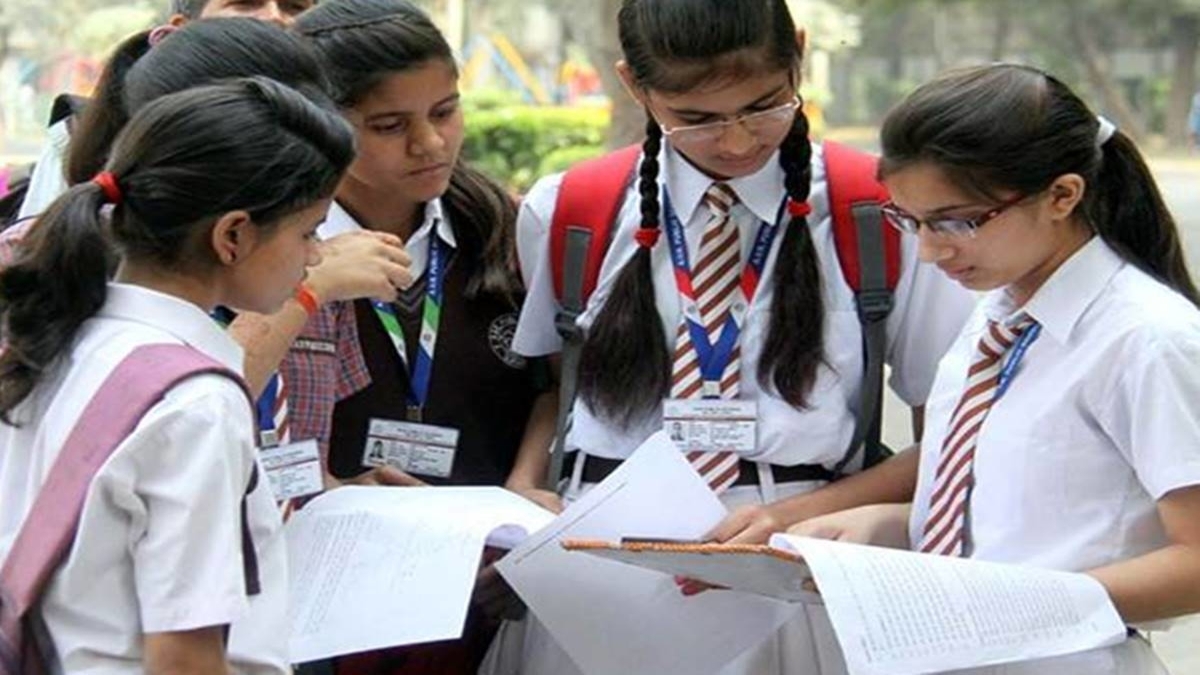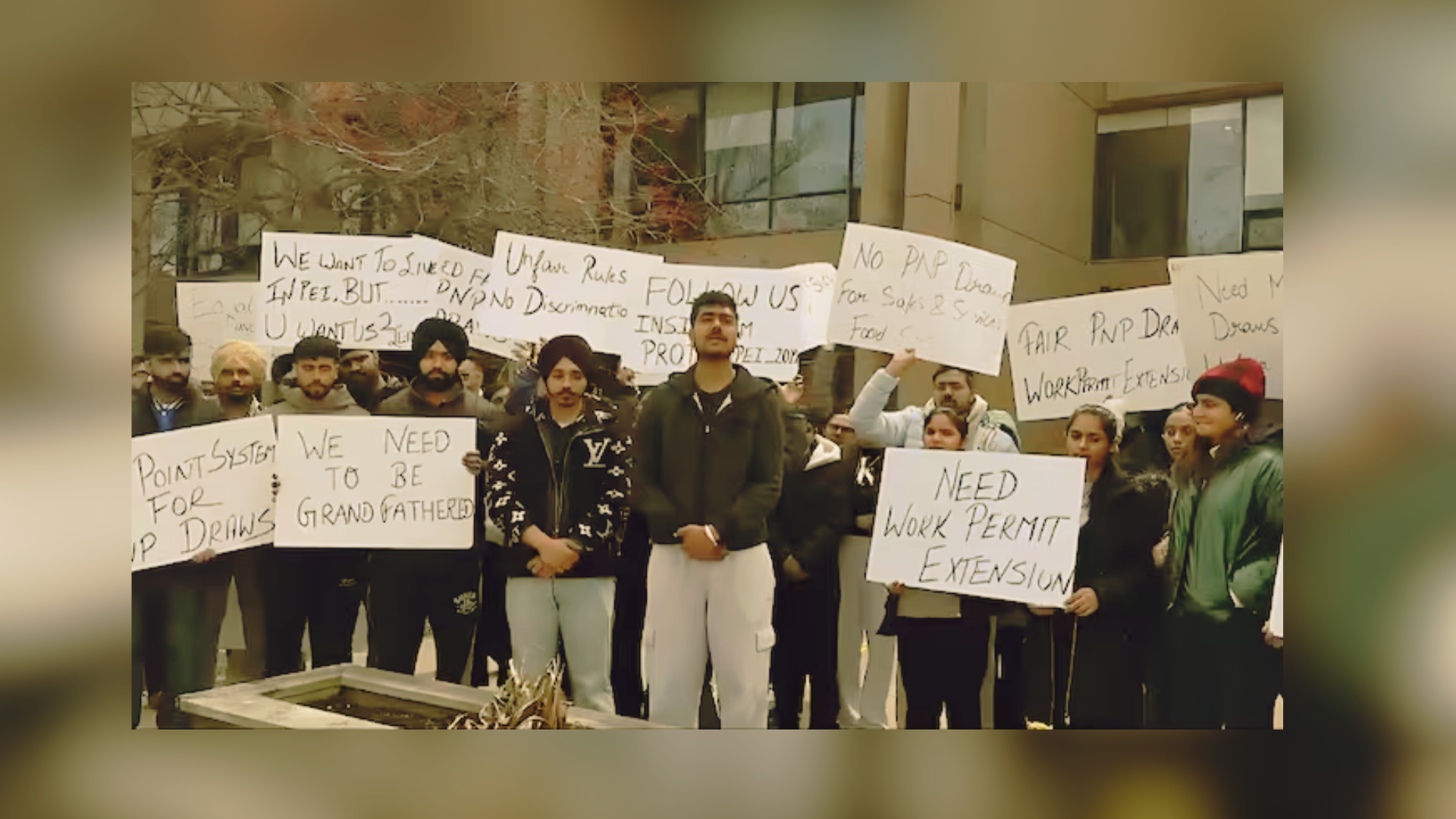


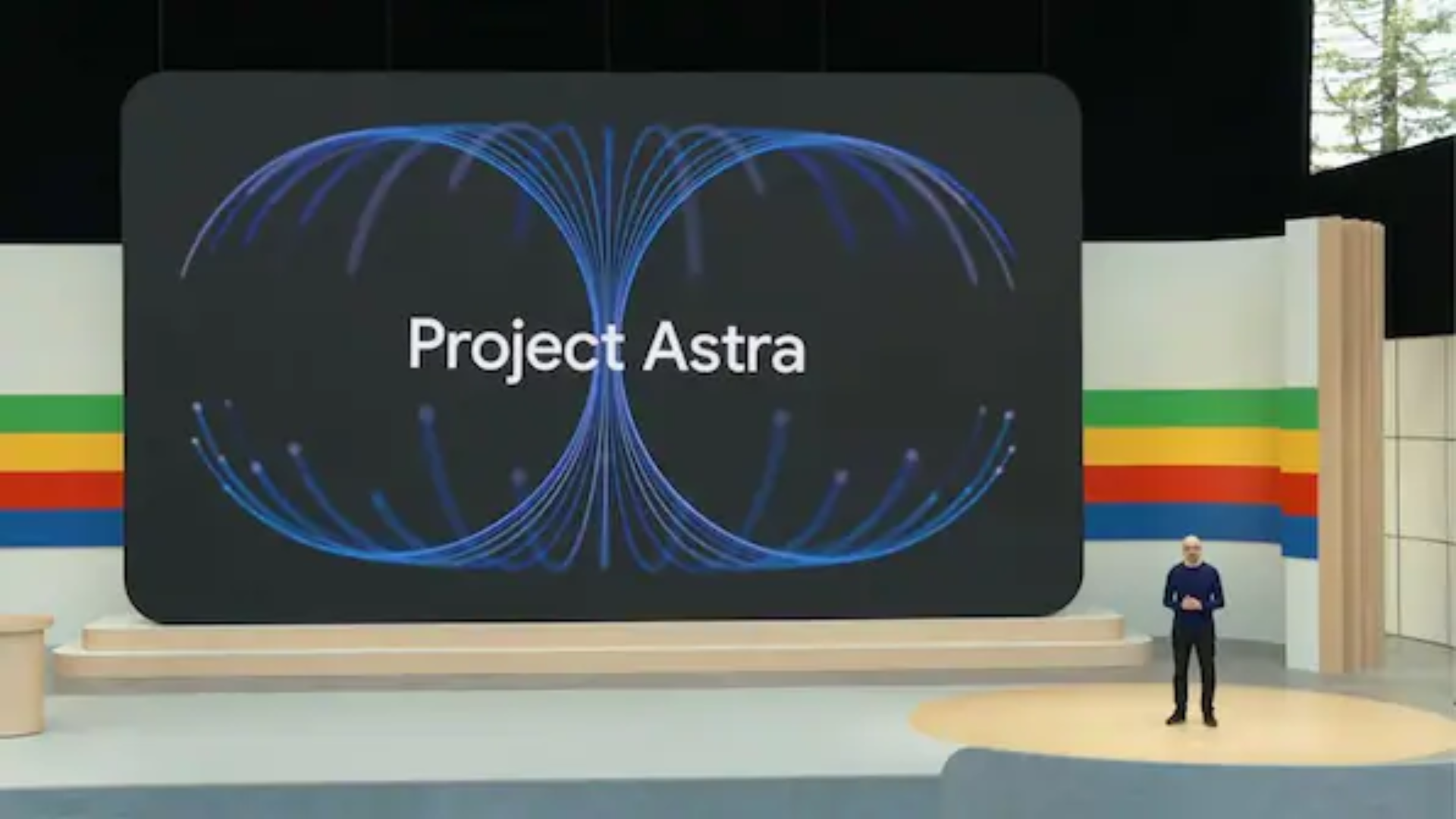
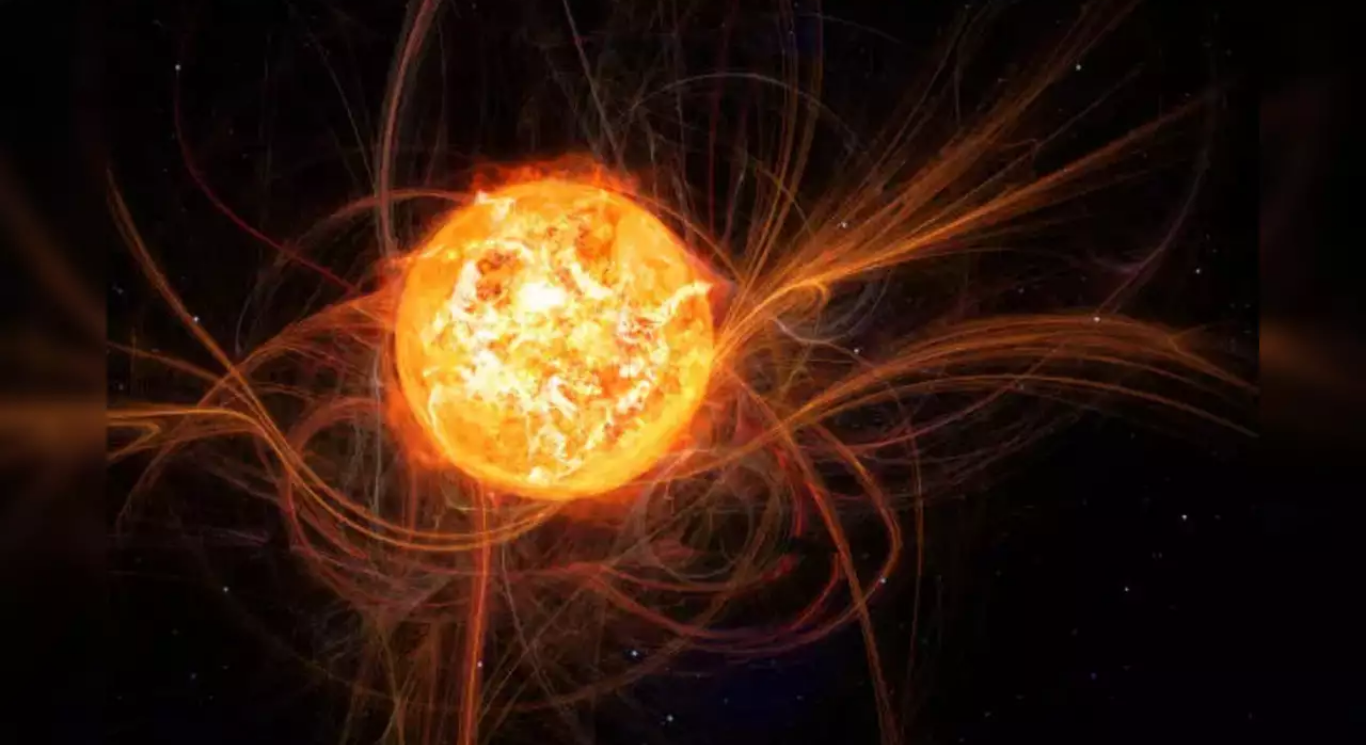
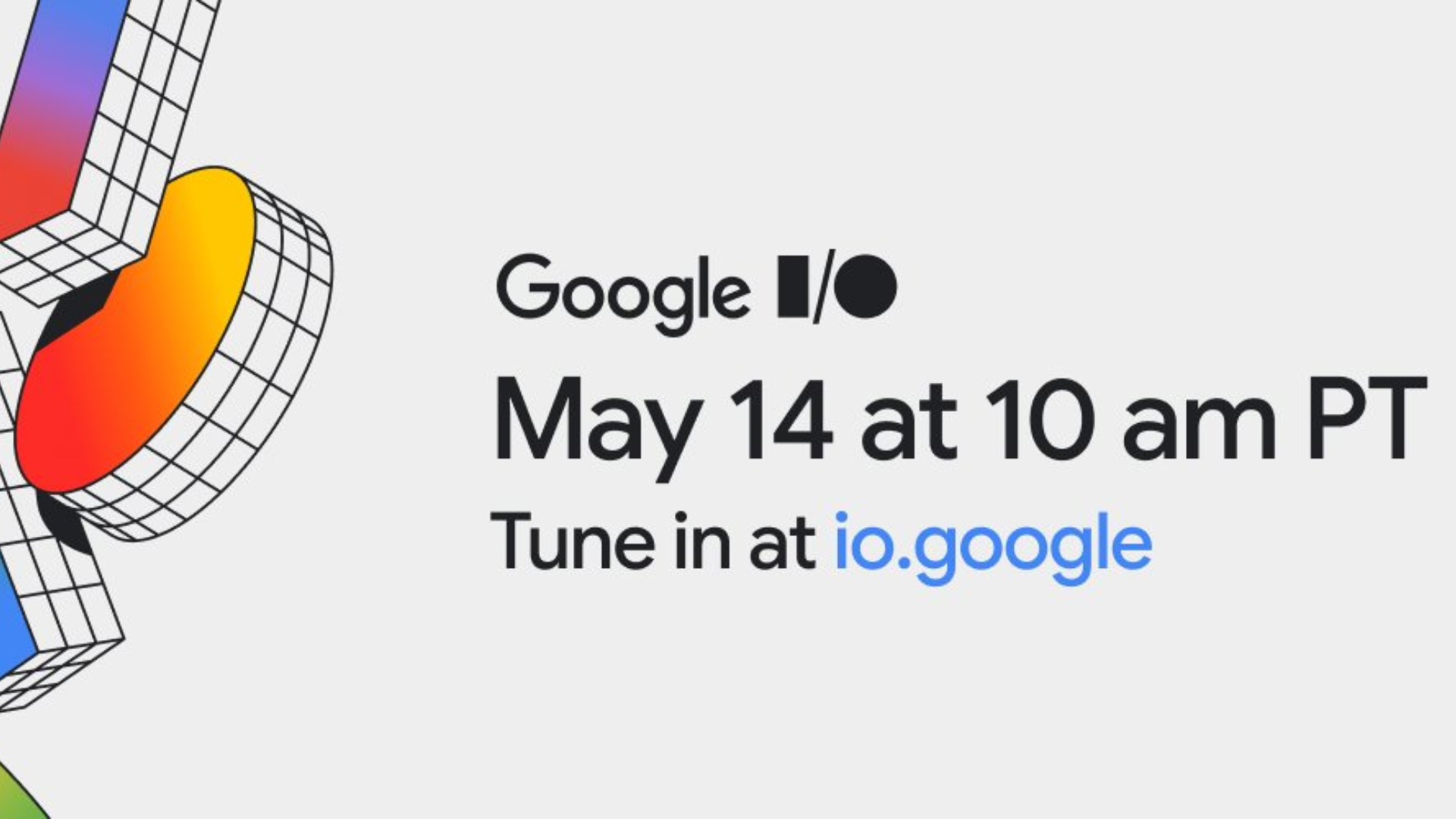


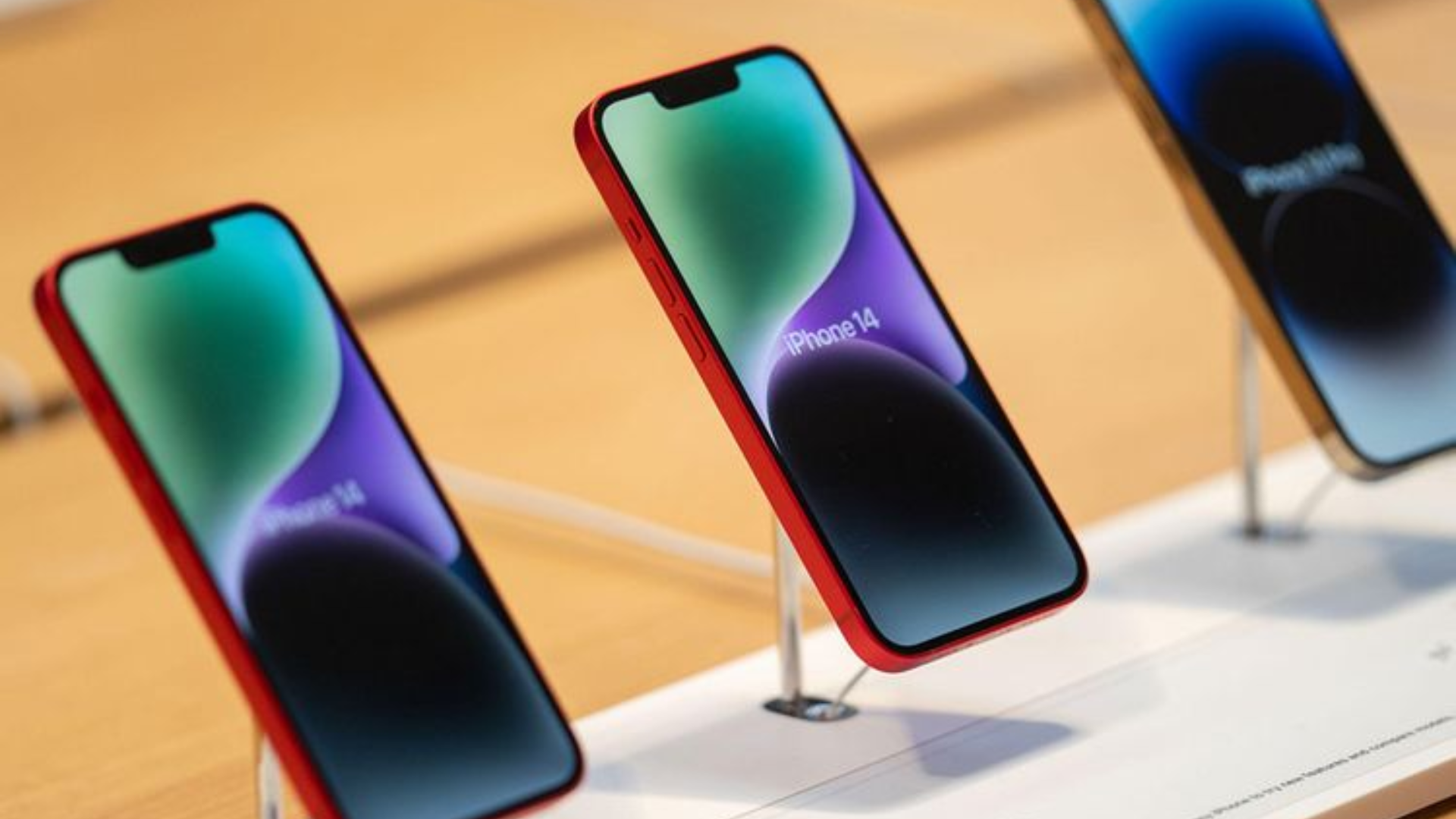
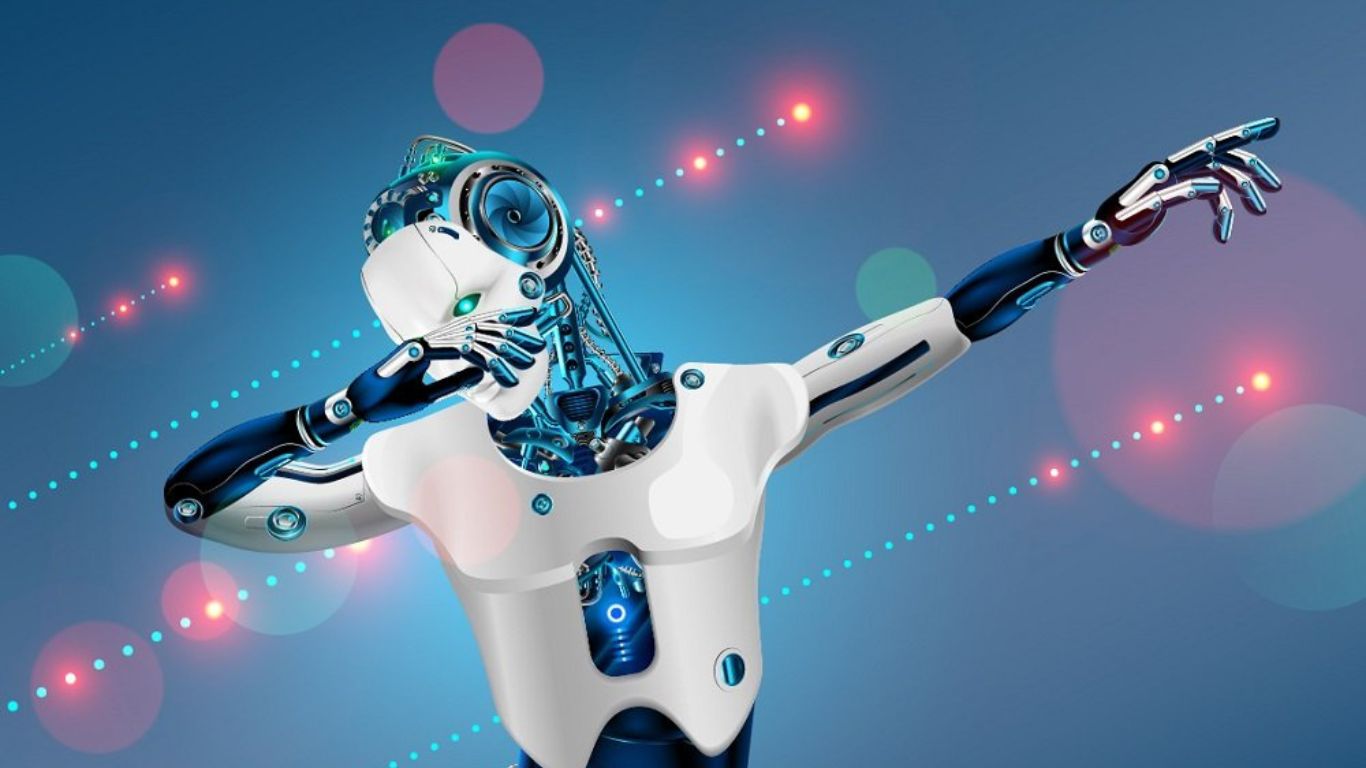
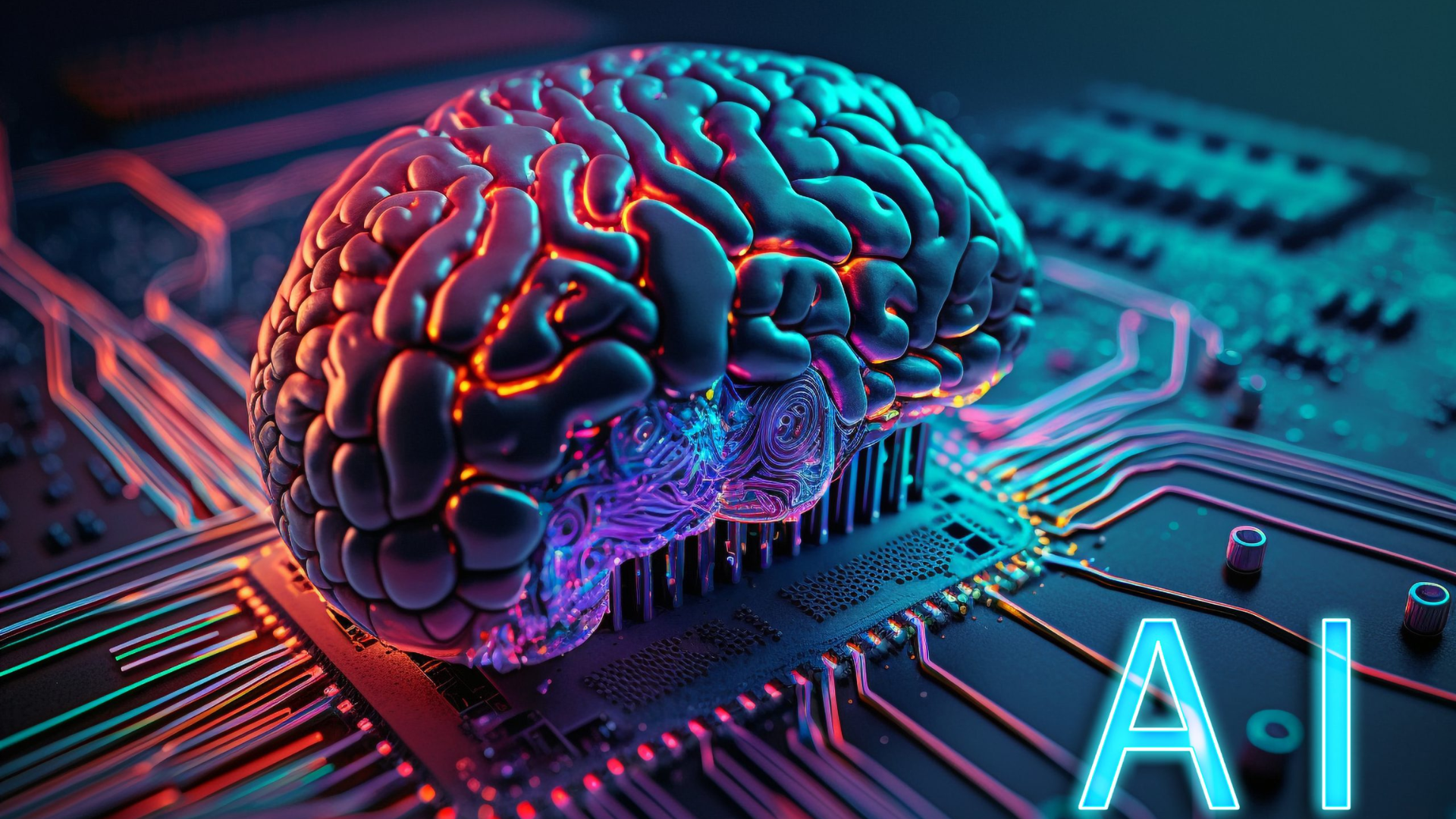
Nvidia CEO Jensen Huang predicts that artificial intelligence could reach new heights within five years, outperforming humans in diagnosis and diagnostics.
At the Stanford University Business Forum, Jensen Huang discussed the potential for major advances in artificial intelligence (AI). ) in the next five years. He believes in the future of computers that can think and act like humans.
Huang explained that the artificial intelligence method depends on the need. If the goal is to surpass human testing, the development of artificial intelligence (AGI) could occur within five years.
“If I give artificial intelligence… write every test you can think of and put it in front of the computer science industry, I think we’ll do well in the next five years,” he said.
Currently, the intelligence can pass the exam such as the bar exam, but encounters problems in diagnosis such as gastroenterology. Huang believes that within five years, AI should pass all these tests.
However, Huang noted that achieving general intelligence may still be a distant possibility as researchers are still trying to uncover the complexities of the human brain. “So it is very difficult to be successful as an engineer,” he explained, noting that engineers must have clear goals.
OpenAI CEO Sam Altman agrees on the need for more chip manufacturers to support the growth of the AI industry.
Accepting that more chip manufacturers are needed, Huang stated that advances in artificial intelligence chip technology and algorithms will improve over time, which slows down the need to produce. “We will need more factories. But remember, we are also developing (intelligence) algorithms and working overtime,” Huang said. “Computing efficiency is not what it is today, which is why the need is so great,” he concluded.
(Sources)


